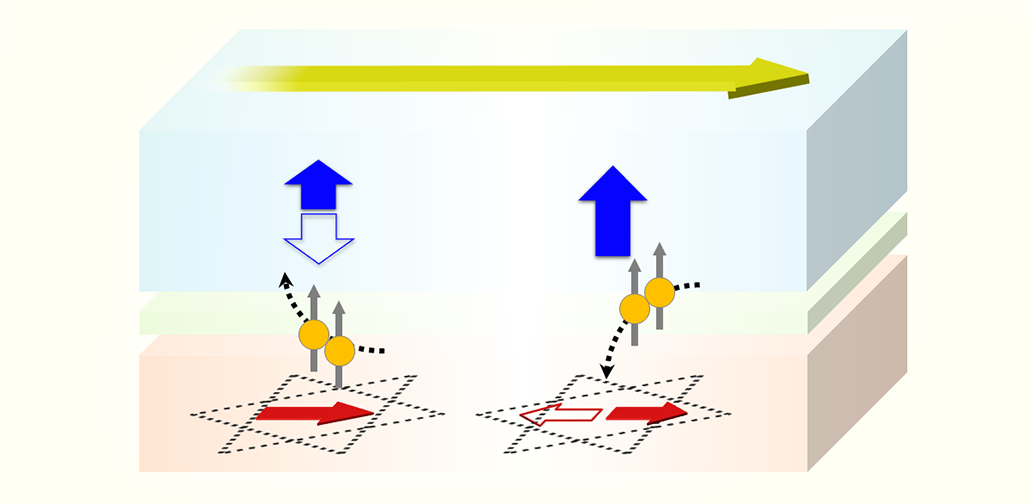- Hon Andrew Little
- Keytruda (pembrolizumab) is proposed to be funded as the first medicine in eligible people’s advanced non-small cell lung cancer (NSCLC) treatment
- Tecentriq (atezolizumab) is proposed to be funded as a second-line treatment, subject to eligibility criteria for people with advanced NSCLC
The Government welcomes news the national drug-funding agency Pharmac plans to fund two medicines to help New Zealanders with advanced non-small cell lung cancer.
“People who are in need of these medicines are now one step closer to accessing them, with the news that Pharmac is consulting to fund Keytruda and Tecentriq,” Health Minister Andrew Little said.
“This is another example of how the Government’s boost to the medicines budget is helping New Zealanders”, says Health Minister Andrew Little.
Locally advanced or metastatic advanced non-small cell lung cancer (referred to as “advanced NSCLC”) is a disease in which malignant (cancer) cells form in the tissues of the lung.
The majority of people with lung cancer are diagnosed with advanced disease, at the locally advanced or metastatic stage.
Lung cancer is the leading cause of cancer-related death in Aotearoa New Zealand, and these treatments would provide more options for those people with advanced NSCLC.
“Health has always been a priority for Labour governments. It is Pharmac, not politicians, who make the decisions on what treatments to fund, but politicians decide the amount of funding provided to Pharmac.” Andrew Little said.
“The medicines budget was not adequately funded by the previous Government. We’re now seeing the outcomes of what happens when you invest in health, Andrew Little said.
“These decisions follow the Cancer Control Agency’s report earlier this year that identified gaps in New Zealand’s availability of publicly funded cancer medicines. It’s good to see more equitable access to cancer treatments being added to the schedule in New Zealand.”
This government’s investments in medicines has also contributed to funding Durvalumab for stage 3 non-small cell lung cancer, Olaparib for high-grade ovarian cancer, Trastuzumab emtansine for breast cancer, Gemtuzumab ozogamicin for Acute Myeloid Leukaemia, Obinutuzumab for relapsed or refractory follicular or marginal zone lymphoma, Ibrutinib for relapsed/refractory chronic lymphocytic leukaemia, Brentuximab vedotin for relapsed/refractory Hodgkin and anaplastic large cell lymphoma, Vinorelbine capsules for solid tumours (primarily breast and lung) since July 2022 alone.
Notes to editor:
- Today’s announcement by Pharmac is the next step in the process to make Keytruda and Tecentriq available for New Zealanders with with advanced non-small lung cancer. These medicines are types of immunotherapy treatments.
- Keytruda is the brand name for the medicine pembrolizumab.
- Pharmac has reached a provisional agreement with medicine supplier Merck Sharp and Dohme to fund Keytruda.
- Keytruda would be funded as the first medicine in eligible people’s advanced NSCLC treatment journey (called “first-line therapy”), either alone (“monotherapy”) or combined with cancer chemotherapy medicines (“combination therapy”).
- If the proposal is approved, it is estimated that over 420 newly diagnosed people with advanced non-small cell lung cancer would receive treatment with Keytruda in the first year, increasing to over 650 people per year after three years of funding.
- If the proposal is approved, it would be funded by Pharmac for people with advanced non-small cell lung cancer, as first-line therapy, alone or in combination with chemotherapy, subject to eligibility criteria.
- Tecentriq is the brand name for the medicine atezolizumab.
- Pharmac has reached a provisional agreement with medicine supplier Roche to fund Tecentriq.
- Tecentriq monotherapy (without chemotherapy) would be funded if people needed further treatment following prior chemotherapy (called “second-line therapy”).
- If the proposal is approved, it is estimated that in the first year, over 300 people with advanced non-small cell lung cancer who have received prior chemotherapy would receive treatment with Tecentriq.
- If the proposal is approved, it would be funded by Pharmac for people with advanced non-small cell lung cancer who have previously received chemotherapy.
- NSCLC is more than three times higher for Māori and twice as high for Pacific people compared to non-Māori non-Pacific people. Māori and Pacific people are also diagnosed at a younger age, with later stage disease, and experience worse outcomes from NSCLC than non-Māori, non-Pacific peoples.
- Mate Pukupuku, lung cancer is a Hauora Arotahi (Māori health area of focus) and a priority area in Te Pae Tata. It is anticipated that many Māori and Pacific people will benefit from this proposal.







